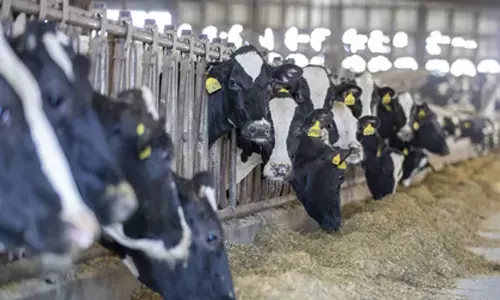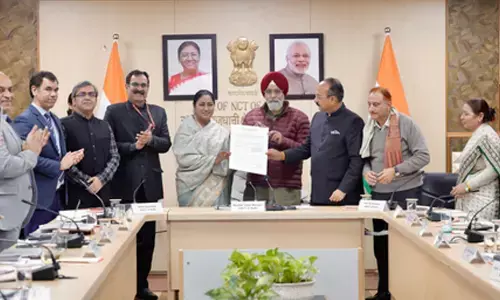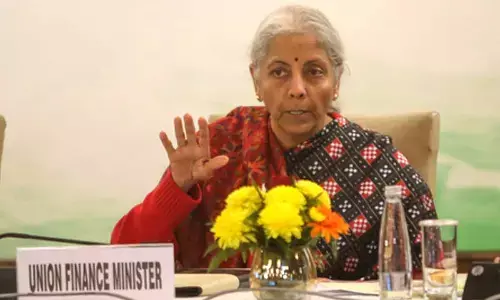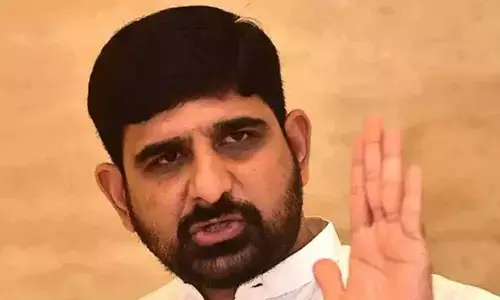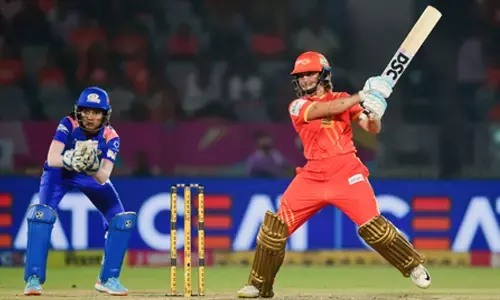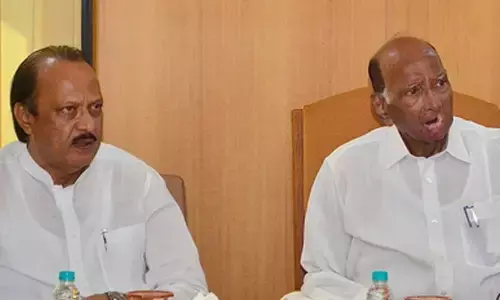Cash transfers is not effective in India
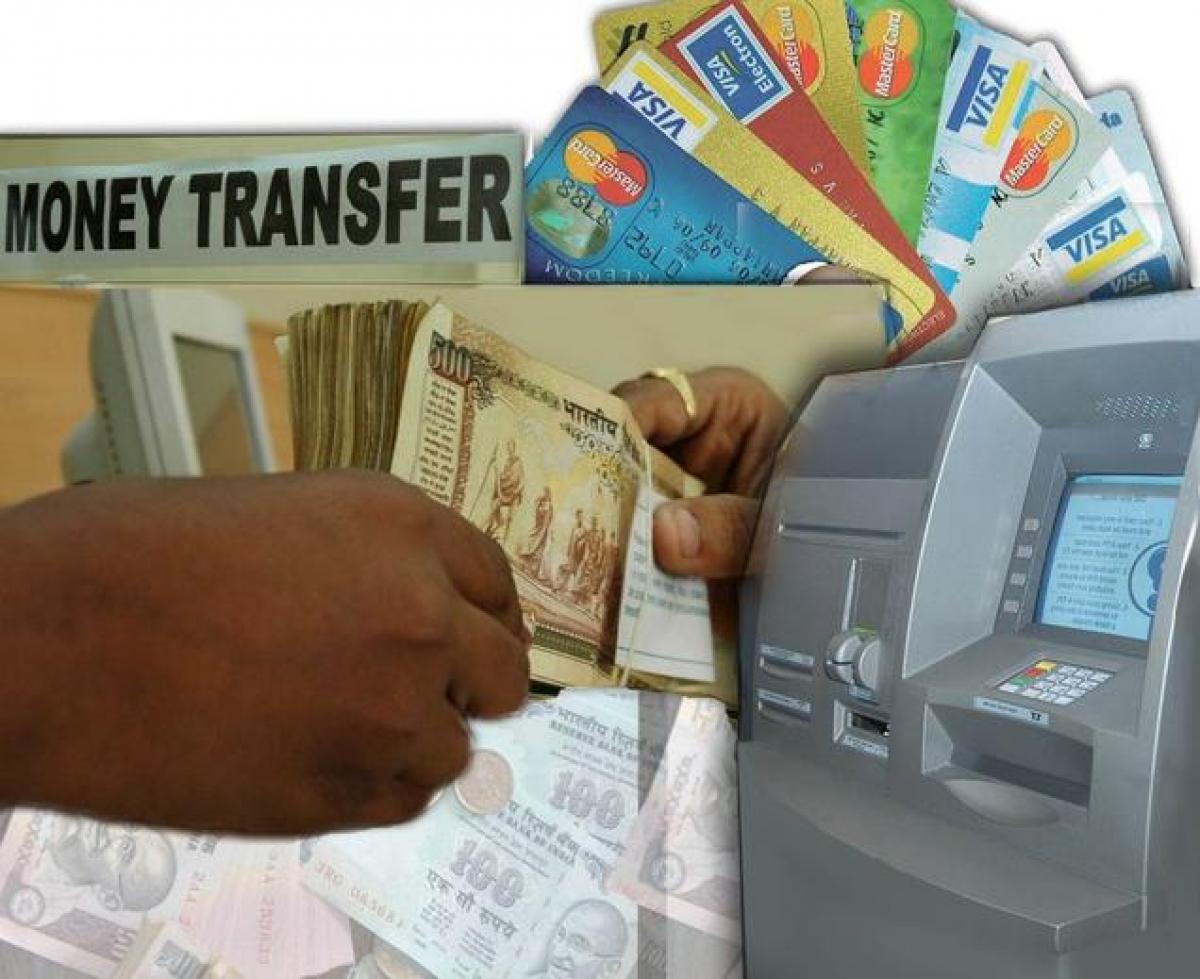
In India, Pradhan Mantri Jan Dhan Yojana (PMJDY) was launched in 28th August 2014 with an aim that every household has a bank account. Under this scheme around 15million (1.5crore) bank accounts were opened in banks.
In India, Pradhan Mantri Jan Dhan Yojana (PMJDY) was launched in 28th August 2014 with an aim that every household has a bank account. Under this scheme around 15million (1.5crore) bank accounts were opened in banks. This is one of the impressive achievements in India and also a world record with the most bank accounts opened within one week. At present banking network is more developed and user-friendly for poor. In Tamil Nadu, MGNREGA wages are paid through banks without any delay with suitable SMS alarm and another impressive achievement is Dr.Muthulakshmi Reddy Maternity Scheme conditional cash transfer system (CCTs) that is well received in both rural and urban areas through proper bank accounts. These achievements are good examples of benefits received by the poor through bank accounts.
.jpg)
The debate on Food security through PDS and Direct Cash Transfers’ Scheme is more sensitive and serious issue in India. Ashok Gulati & Shweta Saini (2015) estimated that nearly 46.7 percent of the off-take of PDS grain did not reach the intended PDS beneficiaries in 2011-12. They strongly recommended for policy-shift to support poor from highly subsidized price policy to income policy of cash transfers through Aadhar and Pradhan Mantri Jan Dhan Yojana (PMJDY). On other hand, if the Public Distribution System is improved then there is no need for cash transfers. Economists like Jean Dreze and Reetika Khera(2011) found that the PDS is working extremely well in some states and people prefer food for cash. People prefer PDS wherever it is working well and people Cash Transfer wherever PDS is not effective.
Recently, Food Minister Ram Vilas Paswan announced Government’s intention to introduce cash transfers for food in Puducherry and Chandigarh. But in Chandigarh the scheme is not yet introduced. But in Union territory of Puducherry the scheme was introduced from February 2015 but was withdrawn after a period i.e. 3months.
The aim of this study is to examine the effectiveness of cash transfer scheme to the poor. In addition, the case study discusses the suitable method of delivery i.e. cash Vs food. In this case study, a Multi-stage random sampling technique has been used and semi-structure questionnaire was prepared to collect the data. Informal discussion was held with bank employees, employees of fair price shops and civil supply department officials. Over all 222 samples (households) were selected for the study. Analysis is done by using descriptive statistics. Only important results are presented here.
Bank Employees
It appears that ‘cash was received by beneficiaries’ without any trouble. The cash transfer scheme was operated by more than 151 bank branches in the regions. Most of the bank account holders are having accounts in public sector banks (89.6%). The bank employees reported, ‘there are no problems for us to manage public and their accounts, their account details were double checked with suitable status of SMS alerts. Some time there was a delay of one or two days in money transfer due to preparation of balance sheet. Senior Manager stated that ‘within three months there are more cash transaction and cash withdrawal in all banks and ATMs’. For the first time, poor beneficiaries have utilized rural and urban ATMs. There is no manual work, everything is computerized. No complaints were registered in any of the banks during those three months. There is a need to open public sector banks, private and regional rural areas. Additionally, it would be more useful for the people and employment opportunities will also be improved.
Employees of Fair Price Shops
In this region, 516 ration shops are functioning and 1032 persons are working. According to ration shop employees, they are not satisfied with Cash Transfer Scheme because they will become unemployed. The main reason, rice is a major food item distributed by Public Distribution System and other food grains in small quantity. Commodities like sugar, kerosene and some time other items (salt, tea and soap) are frequently distributed for the past four months and 5kg of wheat has not been supplied for a long period. Employee’s wages were delayed and some rural ration shops are not opened, urban ration shops are opened but are not in functioning. Overall this union members expressed that ‘if cash transfer is introduced, our future will be a big question mark? As per government order, we are distributing all food items without any delay. We are sending official records and reports to the authority every week and month. Finally, civil supply official staff stated that overall the government spent Rs.18 crore for three months. There are no conditions to receive the amount Rs.300 per month (which is equal to 10kg rice) irrespective of their income, other criteria.
Table 01: Utilization of Cash
| Items | APL % | BPL % | AAY % |
| Food | 72 | 89 | 92 |
| Clothes | 08 | 02 | --- |
| Health | 02 | 06 | 8 |
| Children education | 10 | 03 | --- |
| Saving | 08 | --- | --- |
| Others | --- | --- | --- |
Sources: Primary data Collected from May-June2015.
The main findings of field study are 1) around 72 percent of APL families are buying good quality of food from the market 2) 89 percent of BPL card holders are buying food and they are spending on items including health. AAY cards holders spend more than 92.8 percent on food but give little importance to health aspects. Even in the utilization of cash, the cash is utilized not only for food but also utilized for other important purposes. Cash transfer is not a good idea for APL families: APL families are not buying any commodity from ration shops and a recent study suggested by Prof. Jean Dreze that there were leakages due to APL quota. Is cash necessary for APL cardholders? Its negative impact is that 8 percent of APL family are saving the money in bank itself. It is a universal cash transfer without any conditions!
Table 02: Suitable for Cash or Food
| Areas | Cash % | Food % |
| Puducherry | 8 | 92 |
| Karaikal | 11 | 89 |
| Mahe | 05 | 95 |
| Yanam | 04 | 64 |
Sources: Primary data Collected from May-June2015.
The economists Jean Dreze and Reetika Khera (2015) suggested that, the poor people indeed prefer food grains over cash transfer. This was most acceptable one before introducing the cash transfer scheme. After launching the scheme in rural, urban, different community people and also among basically low monthly income families highly prefer ‘food not for cash’. The people stated that food (rice) is more suitable item for them and ‘20kgs of rice was sufficient for 26 days but Rs.300 per month which works out to Rs.10 per day is inadequate and is not helpful to them. People expressed that amount of cash received was very low especially in case of joint families of BPL and AAY cardholders. Very interestingly, coastal fisherman families lamented that ‘rice came to their house previously but now more money is going to open market’. The people reported that ‘after receiving the cash the market price of rice has increased gradually, ‘even for normal quality of rice in the past four to five months’.
Conclusion
This present study found that direct cash transfer system was implemented through banking technology in Puducherry. It is an acceptable development to banking sectors and all the families have bank accounts and Aadhar cards. The Cash Transfer Scheme was withdrawn within a short period after its introduction for various reasons. The people strongly protested and complained with ward councilor and said they ‘need food not cash’ and this message was passed on to higher level. In addition, there was a pressure from Opposition Parties. Other considerations are Election Promises to rural people, Problem of ration employees influenced the Government decision to withdraw Cash Transfer Scheme. This case strongly suggests that direct cash transfer is not a suitable method to replace food subsidies’. The Government has to give due weightage to ‘what the public want’. On the whole, people preferred food for cash. So the Government should not confuse itself and confuse the people.
I thank Prof. Jean Dreze and Prof. S.Indrakant for valuable comments and suggestions that improve this article)
By A Mahendran
The author is a PhD research scholar at TATA Institute of Social Sciences










